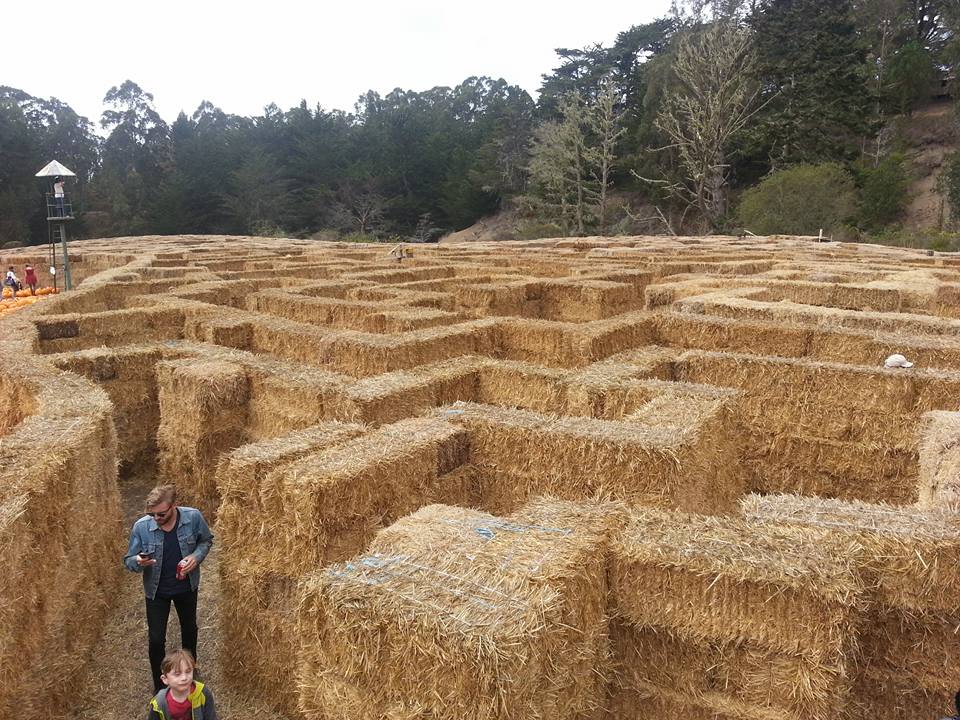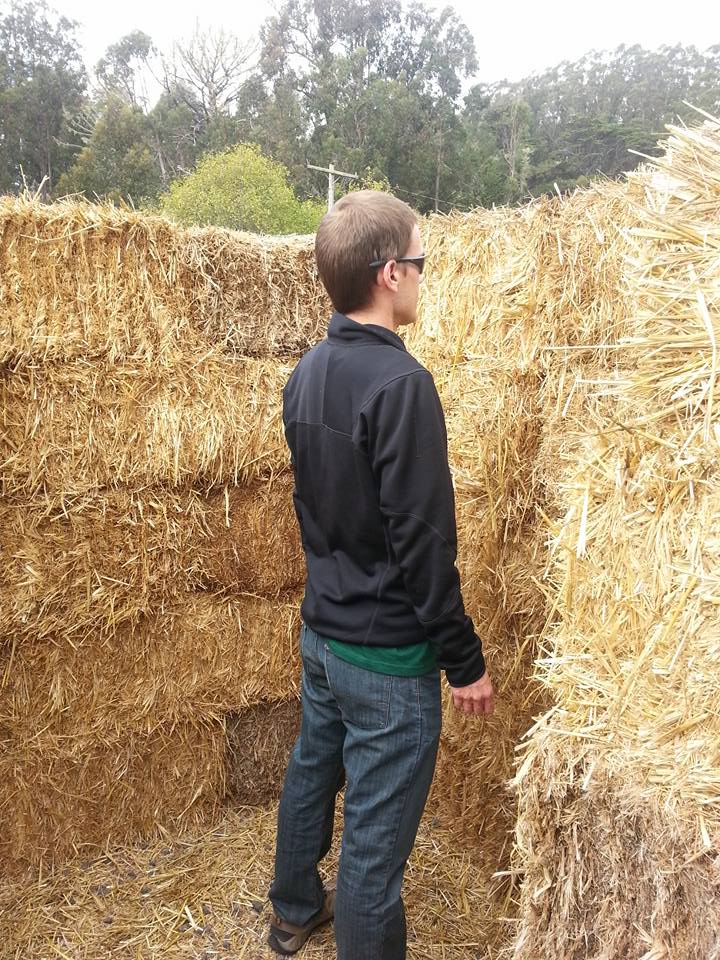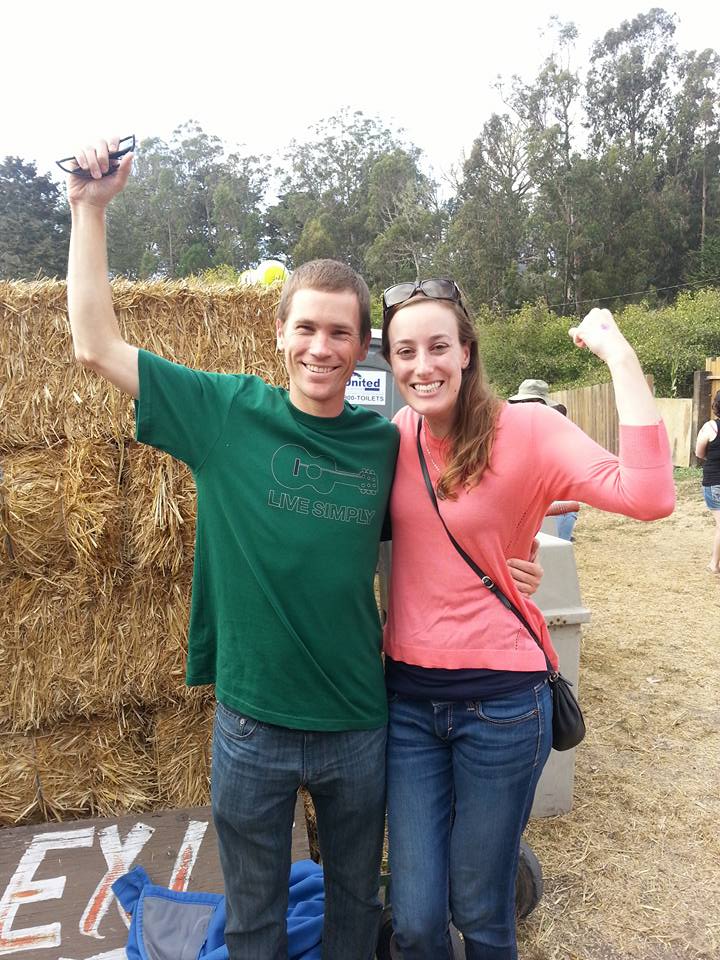Last month, I learned about Textploit, a new literary journal that exclusively publishes work by young people (writers and artists under age 20, to be precise.) I was blown away by the talent, variety, and sheer bravery of the work in their debut issues. Two of Textploit's editors, Natasha Lasky and Ella Bartett, were kind enough to answer some questions here on the blog today. Their words will no doubt inspire you -- perhaps to submit some work of your own!
 |
| Ella |
 |
| Natasha |
Textploit is a literary journal unique from anything else being published today. How would you describe Textploit, and what gave you the idea to start it? Could you give us a peek inside your path to founding this journal?
Natasha: I was drawn to Textploit for one simple reason: most publications for teens are lame.
They either feel condescending, like a talent show where adults showcase “teen voices” instead of actually listening to what teens have to say, or they feel dry and elitist, as if a teen writer has to act like a mini-adult in order to be taken seriously.
Neither type respects the fact that teens view the world in a unique, raw, even beautiful way, and that they deserve to speak for themselves. Not to mention that most publications only accept writing and art while ignoring music, photography, film, and all the other ways adolescents express themselves.
I wanted to help create an online space where teens can be represented with the passion, seriousness, and sense of humor that they deserve.
Ella: We wanted to create a magazine that allowed teens to publish their work without judgment on whatever topic they chose. To echo Natasha, we want teens not to feel like they have to write (or draw) about “proper” adult things. We publish quality work, and we focus on letting teens write what they want to write about. In that vein, we also are online only, which makes all our work easily accessible to our target audience.
In addition to being editors and publishers, you are all writers too. I'd love to hear more about your various writing projects. What inspires you?
Ella: I am inspired by the smallest thing: a conversation on the subway, the way someone holds a pencil, a cool European accent. I take these things and create characters out of them. The stories form kind of on their own from there. Most of my stories are flash fiction, but I attempt poetry when I am in a certain mood, and I love the satisfaction of working on a longer short story.
Natasha: I am inspired by discomfort. Relationships I see, thoughts I have, stories that people tell me -- if it makes me uncomfortable in some way, I can write about it. I wish there was a better word for it than simply “discomfort,” but I’m talking about that area on the emotional spectrum between contentment and extreme suffering, the subtle kinds of pain that we experience every day but that there really aren’t good words for. It makes sense why nobody has come up with the right words for them, because those feelings are the most complicated feelings, and therefore moments of discomfort are the most interesting for me to write about.
In terms of genre, I don’t have the brain for poetry, though I enjoy it. I prefer to write essays, fiction, and screenplays. Fiction is the hardest, but I love it the most.
What made you want to become a writer?
Ella: My third grade teacher, Mr. Barloon. We did a mini writing workshop in his class, and I found I loved it. Then, once I began to read great writers like Hemingway or Carver or Lahiri, I began to realize how serious and influential the craft can be. When you share your writing, be it in the form of reaching out for edits or even publishing, you can change someone’s life.
Natasha: This will sound weird and cliche but I feel like writing is part of who I am. I never really wanted to be a “writer,” and I still don’t really know what that means, exactly, to “be a writer,” but I know I’ve always wanted to write. I read obsessively as a kid, and I liked (and still like) that writing has the unique ability to speak to us in the same way we speak to ourselves. When you read a book you can get out of your own mind and live inside the mind of Humbert Humbert or Holden Caulfield or Katniss Everdeen for a while instead. It’s a tool for empathy, in a certain way. I also like spending time alone, in my own head, and writing definitely suits that disposition.
Could you give us a sample "day in the life"? In particular, when/how do you find time to write in your busy schedules?
Ella: That’s tough. I write when I can. Especially for teens now, with all the other pressures we put on ourselves academically and socially, it’s difficult to find a specific time of the day to dedicate solely to the craft. I journal every single night, sometimes for ten minutes and sometimes for half an hour, depending on how early I have to get up the next morning. I also often prioritize writing before other items on the long to-do list, especially when I need the release it gives me.
What is your biggest advice for writers submitting their work, and facing the inevitable rejection that comes along with that? Any tips for submitting to Textploit in particular?
Ella: All art (writing, painting, film, etc.) is so subjective. We are dealing with humans and human experience here. Writing is often so personal that you have to not take rejections personally. Just keep writing/drawing/etc. You’ll find a way to tell your story in a voice that is able to touch more people the more you write.
As for Textploit, just be honest. We look for art that speaks to teens, and chances are you’re going through something that another teen is going through. If you illustrate your mind through a haiku, a watercolor, or anything else -- just make sure it tells the truth.
Natasha: Rejection sucks. There’s no way around it. If you really care about your writing, it will feel terrible when it gets rejected. And so I guess my rejection advice would be to feel the sad feelings that come with rejection, but recognize that those feelings are a good sign -- since it means that you love your piece and want people to see it. Then funnel that energy into making the piece better.
As for submissions to Textploit, I will just reiterate what Ella says, since she is completely correct (as she often is). Follow that old (perhaps cliche) adage: write what you know. Don’t try and be H.P. Lovecraft or Hemingway or Emily Dickinson or Toni Morrison, just be you and be honest. We’ll love you just the way you are, I’m sure of it.
Why is it important for young people to have a voice in the publishing landscape?
Natasha: The fact is: teens see the world differently, and it’s cool. The liminal space between adulthood and childhood is inherently interesting, and that’s why YA is such a powerhouse genre, that’s why
The Fault in Our Stars makes millions of dollars, that’s why we still read Romeo and Juliet. Teen issues are everyone’s issues. And that’s also why it’s so frustrating to me when teens feel like they have to write about “adult things” to be taken seriously. We should let teens speak for themselves about their experience, and respect them for that.
Ella: When young people are able to get their work out “into the wild” so to say, it is not only exhilarating for the artist. It is essential for others to understand what it is/was like being a teen. We want to make an imprint on the world by sharing these stories, to remind people that no, it’s not easy to be in this age group. I agree with Natasha: we think differently. Things that seem insignificant are not. They’re real.
Connect with Textploit:






































